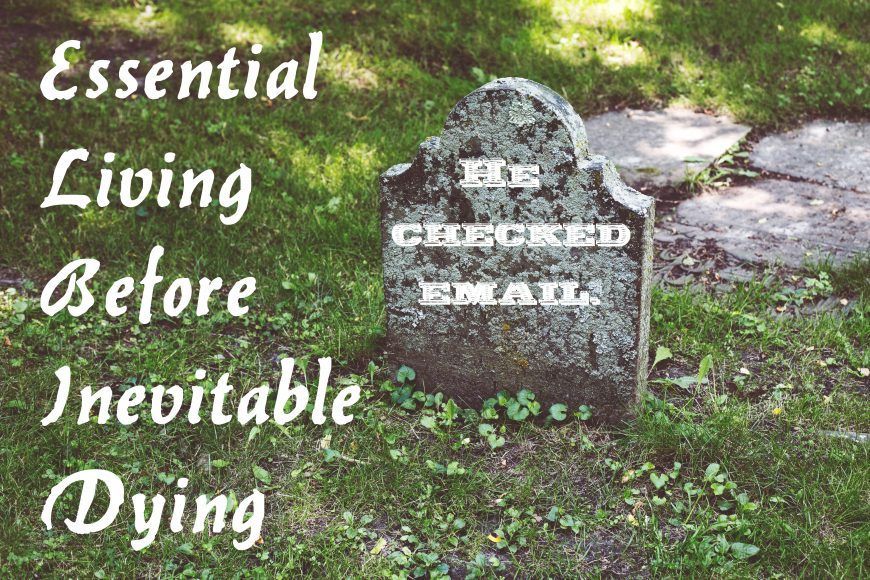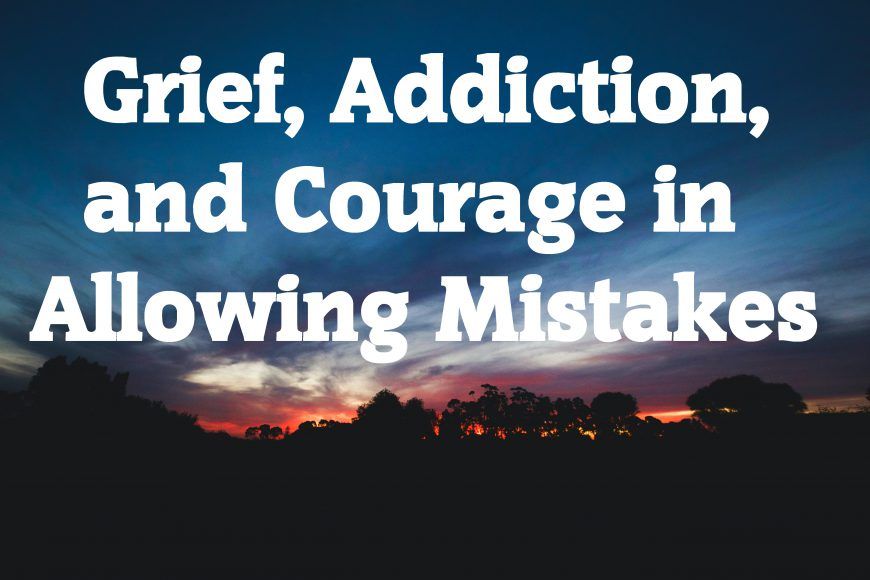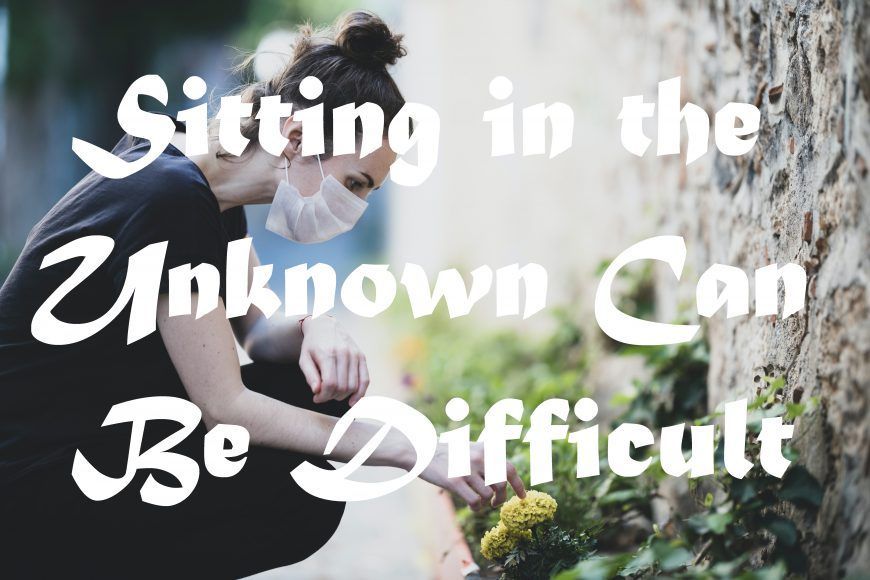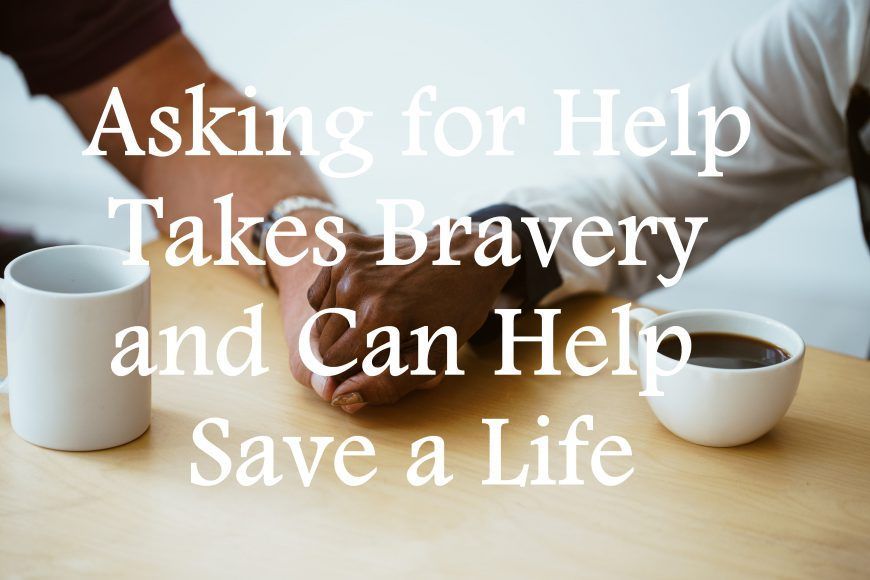Simple Sympathy Card Messages
When someone passes away, it is both a natural instinct and an act of social kindness to express words of sympathy to the family of the deceased. And yet, it can be very difficult to know what words to use to show how you feel, and let those who were closest to the deceased know that you care and are there for them. The words we choose can have a great impact on those who we wish to bring comfort to, so one should try to be thoughtful and clear when sending a message of condolence. Though there are a number of things that one could possibly say, it is often best to keep your message short, to the point, and above all, honest. Here are some simple sympathy card message ideas that will show how much you care, and demonstrate that you are there to offer support in a time of great loss.
Some Simple Messages:
-
We are sorry for your loss. Our thoughts are with you and your family during these difficult times.
-
You and your family are in our thoughts and prayers. We are so sorry to hear of your loss.
-
We were deeply saddened to hear of ( name of the deceased )’s passing. Our heart-felt condolences to you and your family.
-
As you grieve, know that we are thinking of you, and honouring the memory of ( name of the deceased ).
-
Remembering you and ( name of the deceased ) in our minds and in our hearts.
-
Wishing you peace to bring comfort, courage to face the days ahead, and loving memories to forever hold in your hearts.
-
Celebrating the life of a great man/woman/person, and mourning their passing with you.
-
Sharing your sadness as you remember ( name of the deceased ).
-
Thinking of you all as you remember and celebrate ( name of the deceased )’s remarkable life.
-
I’m going to miss him/her/them, too.
Some Tips:
- Keep it short and to the point. Now is not the time to recount a long anecdote about the deceased. Just include what’s most important: your condolences, and, if appropriate, an offer to help the family if you can.
- In terms of the physical card, it is also best to keep things simple. Use a basic black or blue ink pen and a card with a simple design and minimal text.
- Be conscious of the appropriate level of formality. If you know the family of the deceased well, feel free to make more comfortable word choices. Referring to the deceased by their nickname or using similarly familiar language can be very comforting for the recipients of your message. However, also be mindful of the seriousness of the event, and maintain an overall respectful tone.
For more resources, interesting facts and information, visit The Qeepr Community












